Publications
Articles, publications, books, tools and multimedia features from the U.S. Institute of Peace provide the latest news, analysis, research findings, practitioner guides and reports, all related to the conflict zones and issues that are at the center of the Institute’s work to prevent and reduce violent conflict.
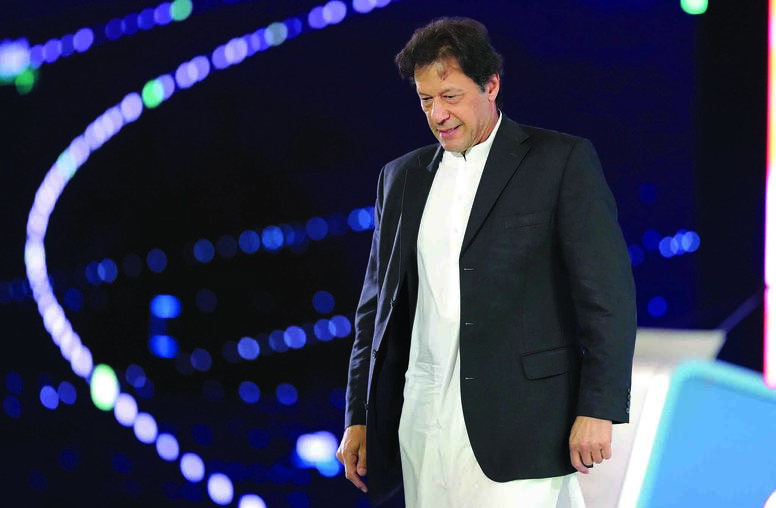
Pakistan’s Approach to Navigating the Saudi-Iranian Split
Since 2015, the deteriorating relationship between Saudi Arabia and Iran—the self-appointed vanguards of Sunni and Shia Islam, respectively—has brought forth a new cold war in the Middle East. Pakistan has spent decades striking a delicate balance between the two countries, but...
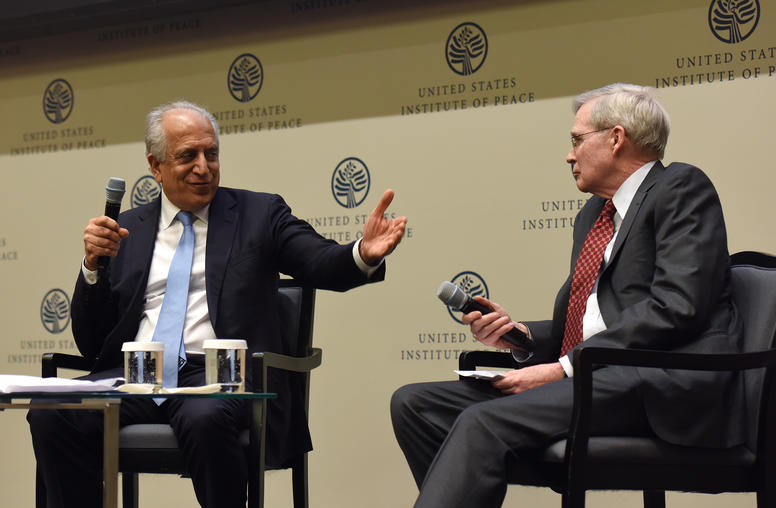
Progress in Taliban Talks, But ‘Long Way to Go’, says U.S. Envoy
Amid a series of positive developments in the Afghan peace process over the last year, a framework for negotiations reached between the U.S. and Taliban has renewed hope that the 17 year-old Afghan conflict could come to a close. Led by Special Representative for Afghanistan Reconciliation Zalmay Khalilzad, the U.S. has agreed in principle to a conditional withdraw of U.S. and allied troops in exchange for the Taliban pledging to not allow Afghanistan to be a safe haven for transnational terrorists, like al-Qaida, as well as agreeing to talks that include the Afghan government and a cease-fire. Despite this progress, “We are in the early stages of a protracted process,” Ambassador Khalilzad said at the U.S. Institute of Peace on February 8. “We have a long way to go.”

Andrew Wilder on the Afghan Peace Process
“I think President Trump has really unlocked the possibility for the peace process by putting our troops on the table, as long as we just don’t withdraw them unilaterally,” says Andrew Wilder. Following President Trump’s clarification of the administration’s strategy during the State of the Union, Wilder shares his analysis of the ongoing peace process in Afghanistan.
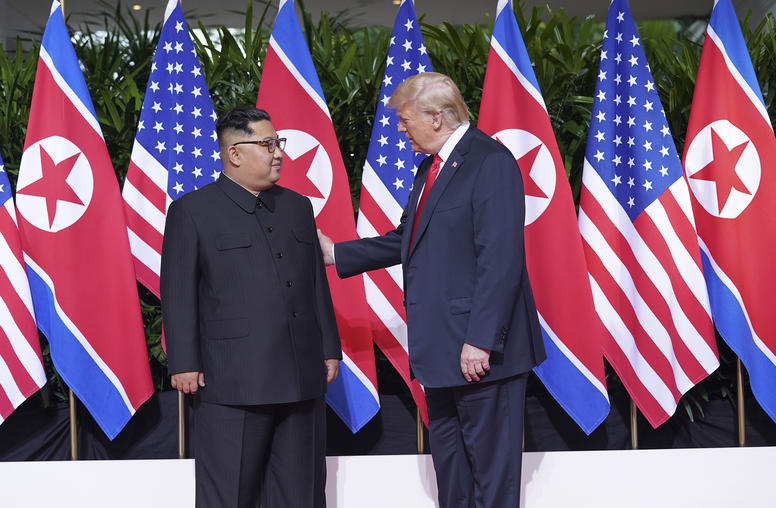
On to Vietnam: What Will Happen at the Second Trump-Kim Summit?
At the State of the Union address this week, President Trump announced that he will again meet with North Korean leader Kim Jong Un at the end of February in Vietnam for their second face-to-face negotiations. The president’s announcement follows recent comments from U.S. Special Representative for North Korea Stephen Biegun indicating that the U.S. is prepared to negotiate on both denuclearization and peace simultaneously—an approach that the Trump and former administrations previously eschewed. USIP’s North Korea and China experts examine the potential shift in U.S. policy and what concerns key regional players have over the next summit.
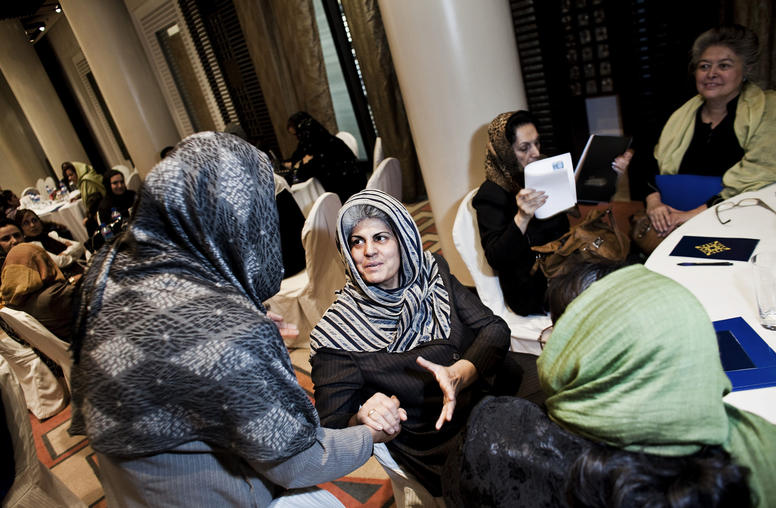
How can we negotiate with the Taliban? Afghan women know.
Afghan political leaders met in Moscow this week with Taliban representatives amid new momentum in diplomatic efforts to end Afghanistan’s war. Like other recent discussions, including those between U.S. envoy Zalmay Khalilzad and Taliban representatives in Qatar, Afghan women remain almost entirely excluded. Yet mostly unnoticed amid the formal diplomacy, Afghan women at their country’s grass roots already have managed negotiations with local Taliban leaders.
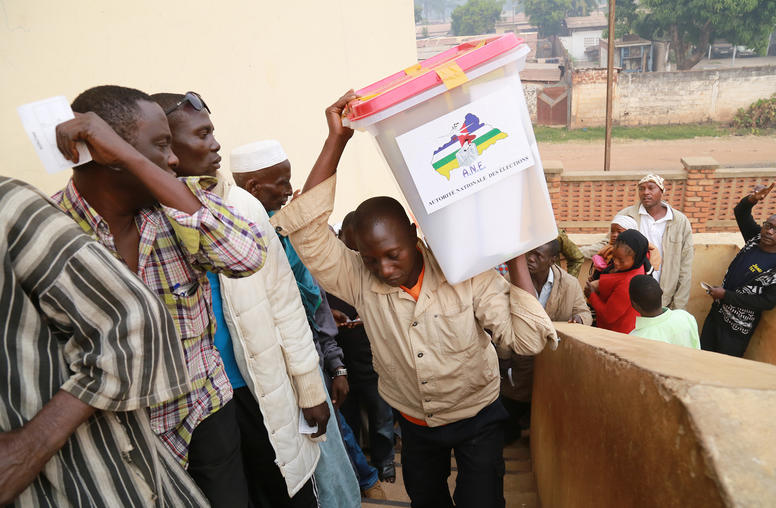
What is the Central African Republic’s Divided Parliament For?
As the U.S. House of Representatives continues to adapt to the leadership of a new speaker, 6,000 miles away, the legislature of the Central African Republic (CAR), the National Assembly, has also recently elected a new leader. However, a change of leadership will not be sufficient to overcome the many challenges and weaknesses faced by this parliament, as the country continues to face rebel groups, communal violence, corruption, and intransigent poverty. The responses of many representatives to recent interviews with USIP raise a more fundamental question: given the context of the CAR, what is a parliament for?

Mona Yacoubian on the State of Play in Syria
Eight years of conflict has decimated Syria’s infrastructure and shredded the social fabric. But, intelligence officials expect ISIS to be “fully ejected” from Syrian territory in the next two to four weeks. Mona Yacoubian argues that a precipitous U.S. withdrawal could lead to an ISIS resurgence and examines the complex regional situation.
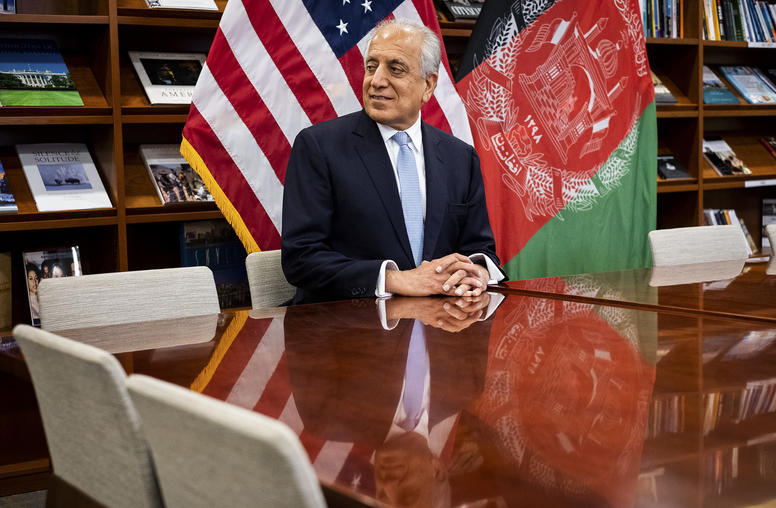
U.S.-Taliban Talks Make ‘Significant Progress’: What’s Next?
After years of stalemate, a framework deal between the U.S. and the Taliban has inspired hope that the Afghan war—the longest in U.S. history—could come to an end. USIP’s Scott Worden analyzes the progress made in recent talks, why the U.S. is now directly negotiating with the Taliban and the implications of further negotiations and a potential peace deal on Afghanistan’s 2019 presidential election.
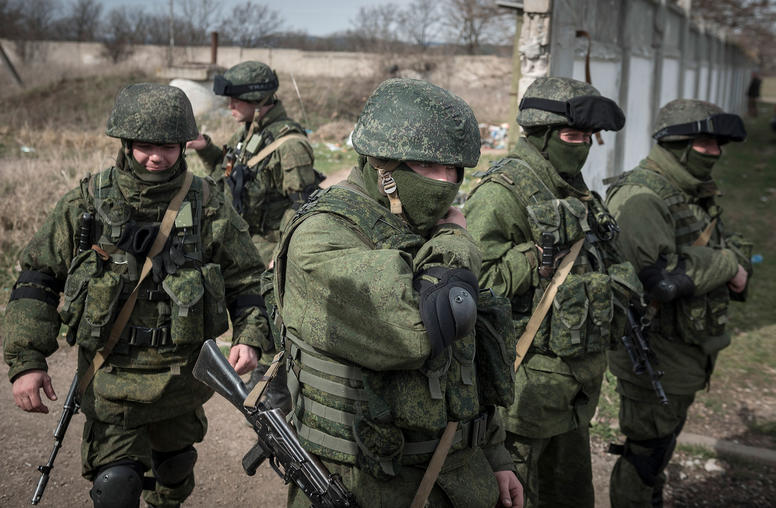
It’s Time to Stand Up to Russia’s Aggression in Ukraine
Five years ago, Russia rolled into Crimea, orchestrated a swift and one-sided referendum, and annexed the Ukrainian territory. The West was blindsided by the attack and slow to provide any response. As a result, Russian President Vladimir Putin launched a second invasion of Ukrainian soil—this one in the country’s east. This attack met stronger resistance, and eventually the West swung into gear to push for a cease-fire and to impose sanctions on Russia. Yet the conflict rumbles on and has killed over 10,300 Ukrainians so far.

Kathleen Kuehnast on the 2018 Nobel Peace Prize Winners
Highlighted by the 2018 Nobel Peace Prize award to Dr. Denis Mukwege and Nadia Murad—advocates for survivors of wartime sexual violence—the issue of sexual abuse has gained international recognition. USIP’s Kathleen Kuehnast attended the ceremony, saying, “People were standing in solidarity to what they were hearing. We can no longer be indifferent about this type of criminal activity.”